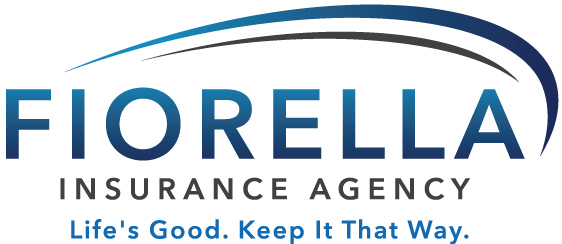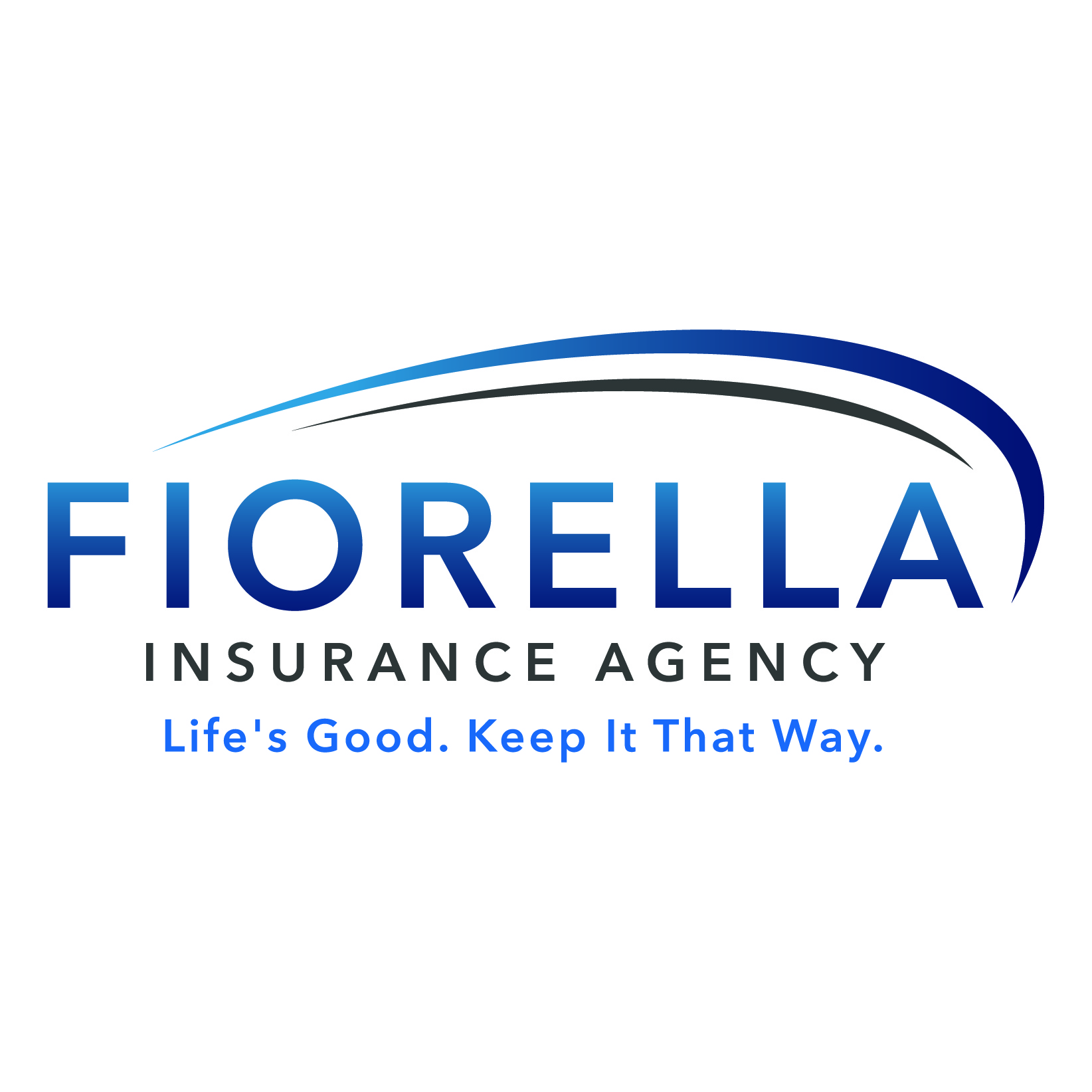Can I decline health insurance from my employer? This is a question that many employees often grapple with. Navigating the realm of health coverage can feel like trying to solve a complex puzzle, especially when you’re unsure if your employer’s plan aligns with your specific needs. However, the truth is that yes, you do have the option to decline health insurance offered by your employer.
Can I decline health insurance from my employer? Let’s delve into the consequences and process of refusing an employer-provided health insurance plan. Understanding the alternatives and how they affect your coverage is essential in making an informed decision.
Table of Contents
- Understanding Employer-Sponsored Health Insurance
- Reasons Employees May Decline Employer-Sponsored Coverage
- The Process of Waiving Coverage
- Alternatives to Employer-Sponsored Health Insurance
- The Role and Responsibilities of Employers in Providing Health Coverage
- FAQs in Relation to Can I Decline Health Insurance From My Employer
- Conclusion
Understanding Employer-Sponsored Health Insurance
An integral part of an employee’s benefits package is often the employer-sponsored health insurance plan. This type of insurance plan can provide a safeguard for employees and their relatives, guaranteeing they have access to required medical attention.
The ACA requires businesses with 50 or more full-time employees to provide employer-sponsored health insurance plans, which are usually less expensive than individual policies. Employees might wonder, “Can I decline health insurance from my employer?” However, despite its cost-effectiveness, one trade-off is that these plans may lack personalization, offering ‘one-size-fits-all’ policies that might not adequately address individual healthcare needs or preferences.
-
Save
Affordability Vs Personalization: The Trade-off
Employer-sponsored health insurance plans are usually more cost-effective than individual ones as employers contribute towards premiums, reducing out-of-pocket expenses for employees. The mandatory nature of employer contributions ensures affordability. However, these plans may lack personalization, offering ‘one-size-fits-all’ policies that might not adequately address individual healthcare needs or preferences.Navigating Through Choices
An essential aspect when considering any form, including those offered by your employer, involves understanding how well it aligns with your specific circumstances and requirements. For instance:- If you have a preferred doctor who doesn’t accept your company’s chosen provider?
- If the family coverage option seems too steeply priced?
Can you decline health insurance from your employer? Learn about the process, alternatives, and how it affects payroll. Find out now. #HealthInsurance #EmployerBenefits Click to Tweet
Reasons Employees May Decline Employer-Sponsored Coverage
Though employer-sponsored health insurance can be a worthwhile perk, there may be several explanations why staff opt to reject the coverage.The Financial Aspect of Health Insurance Plans
Sometimes, the financial commitment associated with an employer’s plan may not align with the employee’s budget. This could occur if the company does not contribute enough towards premiums or if family coverage is too expensive compared to individual plans available in the market.Better Alternatives Available Elsewhere
In some cases, employees might have access to better alternatives elsewhere. A common scenario includes having a spouse who has superior health coverage from their workplace. An Affordable Care Act (ACA)-compliant policy purchased individually might also offer more tailored benefits and flexibility than what’s offered by employers’ group plans.Limited Provider Networks and Inadequate Coverage Areas
If an insurance provider network doesn’t include preferred doctors or hospitals, it could lead employees to waive their employer-sponsored benefit for one that allows them greater choice in healthcare providers. This issue often arises when companies operate across multiple states but only offer health insurance portability within limited geographical areas.Maintaining Continuity With Previous Health Plan Providers And Policies
Certain situations like job transitions necessitate decisions about maintaining continuity with previous policies via COBRA versus opting into new ones. Employees sometimes prefer sticking on with familiar medical coverages rather than navigating through unfamiliar waters, especially during turbulent times such as layoffs or downsizing.The Process of Waiving Coverage
Deciding to forgo employer-sponsored health insurance should not be done without due consideration. You may find yourself asking, “Can I decline health insurance from my employer?” The answer is yes, but it’s crucial to understand the process and implications involved in waiving coverage.Understanding Employee Insurance Waiver Forms
An employee who chooses to waive their right to an employer’s plan must complete an insurance waiver form. This document serves as formal proof that you declined the offered coverage voluntarily. It protects both parties by confirming this choice was made freely and without coercion or misinformation.Navigating Key Periods for Opting Out
If you decide against participating in your company’s health plan, there are specific periods when this can happen. The first opportunity arises when starting a new job – during initial enrollment into benefits programs provided by employers. If missed at this stage, don’t worry; other chances will come along annually during open enrollment seasons or following certain qualifying life events such as marriage or birth of a child. Open Enrollment period, usually occurring once per year allows employees to make changes regarding their healthcare choices including declining coverage if they wish so. Qualifying Life Events (QLE), on the other hand, trigger Special Enrollment Periods where one can opt-out outside regular timelines due to these significant personal circumstances affecting their needs for medical care. So now we’ve covered what it takes to say no thanks effectively towards workplace-provided policies let us explore alternatives available after making such decisions… Stay tuned.Can I decline health insurance from my employer? Yes, but it’s important to understand the process and implications. Learn more about waiving coverage and explore alternatives. #HealthInsurance #EmployeeBenefits Click to Tweet
Alternatives to Employer-Sponsored Health Insurance
If you’re seeking coverage outside your employer’s plan, there are several options available. Employees can purchase individual health insurance from Healthcare.gov. This could be advantageous if you meet the requirements for a subsidy dependent on income under ACA plans that don’t punish pre-existing conditions.Comparing Group and Individual Medical Coverage
It’s critical to comprehend the distinctions between group and individual medical coverage to make a wise choice about your health insurance. The key difference lies in who arranges the policy. In case of a group or employer-sponsored benefit, employers buy insurance policies on behalf of their employees while individuals purchase personal policies directly from an insurance provider when opting for individual medical coverage.- A significant advantage of group plans like those offered by employers who buy insurance is that they often come at lower costs due to risk being spread across many people. However, these may lack flexibility as everyone gets essentially the same benefits regardless of their unique healthcare needs.
- In contrast, purchasing individual health insurance allows greater customization according to specific requirements but could potentially cost more than what most would pay through work.
The Role and Responsibilities of Employers in Providing Health Coverage
Employers play a significant role in providing health coverage to their employees. According to the Affordable Care Act, businesses with 50 or more full-time workers are required to offer health insurance. However, employees have the right to decline this employer-sponsored health insurance.Understanding Open Enrollment Periods
The open enrollment period is a specific time each year when you can enroll in or change your health plan. If an employee chooses to waive coverage from their employer’s plan during this period, they may purchase individual health insurance instead. This decision could affect payroll as premiums for employer-sponsored coverage are often deducted pre-tax.Employee Education about Health Insurance Options
To ensure that all staff members make informed decisions regarding their medical coverage, employers should provide education on the different options available. These include details about family coverage under the company’s plan versus buying separate plans through an independent insurance provider.Health Insurance Portability and More Terms Explained
Health Insurance Portability: This refers to your ability to maintain your existing healthcare benefits if you switch jobs or become unemployed. Affordable Care Act (ACA): This law expanded access to care by requiring most people over age 26 without other forms of eligible minimum essential coverage like Medicare or Medicaid to seek ACA-compliant private sector solutions. Waiving Coverage: If an employee decides not to take up their employer’s offered benefits package, including its sponsored health insurance component, then it means they are waiving off these benefits, which might require signing a waiver form. Purchase Individual Health Insurance: An option where individuals buy insurance themselves rather than through an employer. Remember that declining employment-based group health benefits doesn’t disqualify anyone from applying for alternative sources such as Obamacare Insurance; however, careful consideration must be given before making any changes because once declined, it cannot be reinstated until the next open enrollment unless there exists a qualifying life event. To help employees decide whether waiving coverage makes sense for them, companies should explain terms related to medical coverage such as ‘health insurance portability’ – which refers to the ability to maintain one’s existing health policy even after changing jobs or retiring. The Department Of Labor has resources here. For those wondering, “Can I decline health insurance from my employer?” it’s essential to understand that health insurance affects payroll and the implications of opting out of the employer-sponsored health insurance plan, as it can impact their access to such benefits in the future.Employers play a crucial role in providing health coverage. Learn about open enrollment, employee education, and more in our guide. #HealthInsurance #EmployeeBenefits Click to Tweet
FAQs in Relation to Can I Decline Health Insurance From My Employer
Can you decline health insurance for a higher salary?
No, declining health insurance doesn’t automatically mean a higher salary. Salary and benefits are typically negotiated separately.What happens if an employee does not enroll during open enrollment and they still want coverage?
If an employee misses open enrollment, they must wait until the next period or qualify for a special enrollment due to life events like marriage or the birth of a child.Which employer benefit option requires the employee to refuse to participate in the plan?
A Flexible Spending Account (FSA) is one such benefit that employees can choose not to participate in during their company’s annual open enrollment period.What does it mean to waive coverage?
To waive coverage means an individual chooses not to accept or participate in a particular health insurance plan offered by their employer.Conclusion
Can I decline health insurance from my employer? Deciding on health coverage is no small task, and the choice to decline employer-sponsored insurance isn’t made lightly. You’ve learned that yes, you can indeed turn down your employer’s plan. The reasons for doing so vary widely – from high premiums to inadequate coverage or a spouse’s superior plan. Remember though, waving off health insurance affects payroll too. Navigating open enrollment periods and special events is crucial in making an informed decision. If opting out of group coverage seems like the right move, alternatives do exist! Purchasing individual plans from Healthcare.gov could be a viable option if it suits your healthcare needs better. Your employers also have their part to play by providing ample information about available options and the implications of declining their offer. In conclusion, while saying ‘no’ to employer-provided health insurance might seem daunting at first glance… With knowledge under your belt, you’re well-equipped to make choices best suited for you!Contact Fiorella Insurance today for your free health insurance quote.



